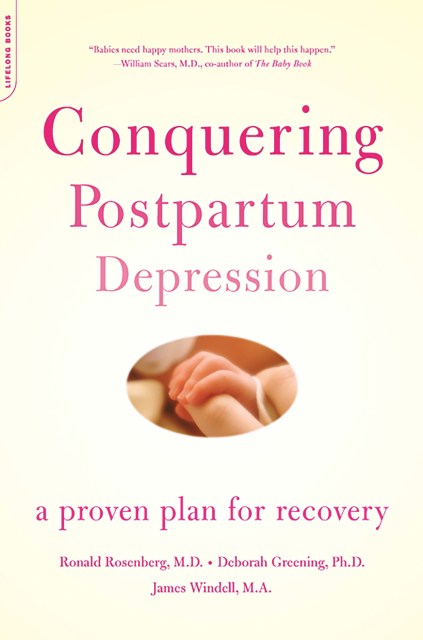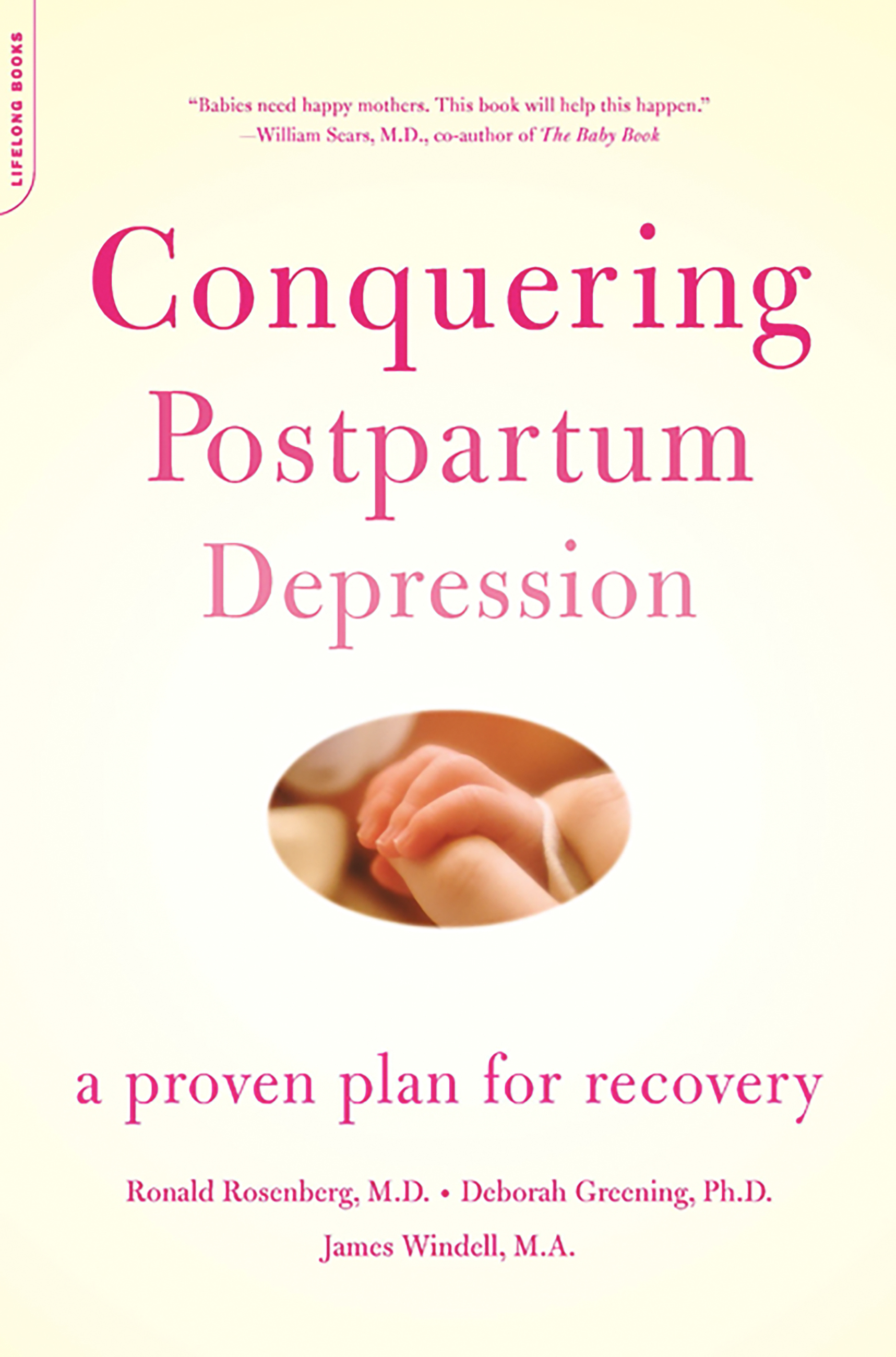By clicking “Accept,” you agree to the use of cookies and similar technologies on your device as set forth in our Cookie Policy and our Privacy Policy. Please note that certain cookies are essential for this website to function properly and do not require user consent to be deployed.
Conquering Postpartum Depression
A Proven Plan For Recovery
Contributors
By Deborah Greening
By James Windell
Formats and Prices
- On Sale
- Apr 27, 2009
- Page Count
- 224 pages
- Publisher
- Balance
- ISBN-13
- 9780786730001
Price
$10.99Price
$13.99 CADFormat
Format:
ebook $10.99 $13.99 CADThis item is a preorder. Your payment method will be charged immediately, and the product is expected to ship on or around April 27, 2009. This date is subject to change due to shipping delays beyond our control.
Buy from Other Retailers:
Each year over 400,000 new mothers experience a range of negative emotional reactions-categorized as postpartum depression (PPD). Yet most obstetricians misunderstand and mistreat PPD, prescribing a single-therapy, simplistic approach that frequently falls short of curing the patient.Based on the authors’ research and unique, highly successful treatment, Conquering Postpartum Depression outlines a groundbreaking multidisciplinary action plan for beating PPD, including a combination of talk therapy, new-parent counseling, and in many cases the safe use of antidepressant medications even while pregnant or breastfeeding. With the newest information on how genetic factors and pre-existing conditions can contribute to PPD, Conquering Postpartum Depression is the book that new mothers and even doctors reach to for authoritative and reassuring counsel.
Newsletter Signup
By clicking ‘Sign Up,’ I acknowledge that I have read and agree to Hachette Book Group’s Privacy Policy and Terms of Use






